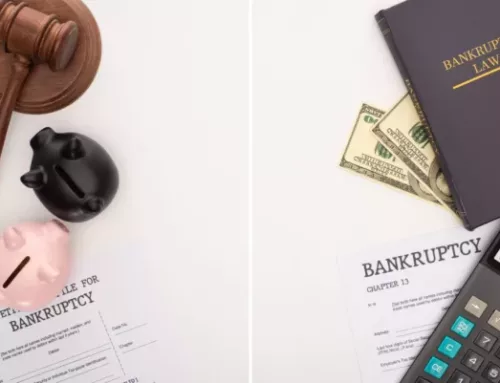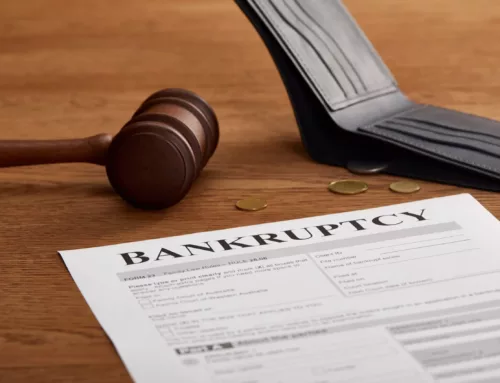Yes! Debt collectors can sue you.
Sometimes a debt collector will buy debt from a lender or medical provider. In such cases, instead of owing the lender or medical provider, you will legally owe the money to the debt collector. The debt collector can file a lawsuit against you to get a judgement for the unpaid balance.
Hire an expert Jackson, MS bankruptcy lawyer from The Rollins Firm to help you deal with debt collectors. We can assist you to file for bankruptcy and eliminate your debts.
Now let us see how debt collectors collect their debts and in which cases they can sue you or take you to court.
Debt collectors operate in two different ways:
1. Lenders hire debt collectors to collect a debt.
 Sometimes a lender or medical office will hire a debt collector to collect past due accounts. In this situation, the lender or medical office still owns the debt.
Sometimes a lender or medical office will hire a debt collector to collect past due accounts. In this situation, the lender or medical office still owns the debt.
Usually, the debt collector will get to keep a percentage of the money that they collect. The debt collector will try to identify the accounts that will be the easiest to collect and prioritize those.
Under this scenario, it will be the original creditor that sues you. For example, if you owe a medical bill, the lawsuit would be filed in the name of the medical office rather than the debt collector.
Medical debts are one of the biggest reasons that people file bankruptcy cases.
2. Debt collectors buy debts.
Rather than hire a company to collect the debt, sometimes debt collectors will purchase debt from a company. Debt collectors can often pay pennies on the dollar to buy the debt.
So if a debt collector buys your credit card debt, you will no longer owe the money to the credit card company. Instead, you will legally owe the money to the debt collector. Under this scenario, the debt collectors can sue you or take you to court.
How A Debt Collection Lawsuit Works
A debt collections lawsuit is started by the creditor filing a document called a Complaint. In this document, they will allege why they believe you owe them money.
Usually, they will also attach the contract.
Once filed, the creditor must give you notice of the lawsuit. In most cases that means that they must have a person deliver the papers to you. The papers will usually include a deadline for you to file a response (called an Answer) or it will include a hearing date.
If you have a defence, it is important that you bring it up in your Answer and/or at the hearing. The most successful and common defence to a debt collection lawsuit is that the statute of limitations has lapsed.
The statute of limitations varies by state but basically act as a deadline for the company to sue you for the debt. If the deadline passes, the suit is dismissed. But you must watch out because there are various ways that this deadline can be reset.
In the case that the creditor wins they will get a judgment against you.
A judgement is basically a court order declaring that the debt is owed and it allows the creditor to pursue more aggressive collections tactics. In many states, a creditor can garnish your wages and/or bank account once they have a judgement.
Schedule a free consultation today with our experienced Jackson, MS bankruptcy lawyer and know your options to deal with debt collectors!








Connect with Us